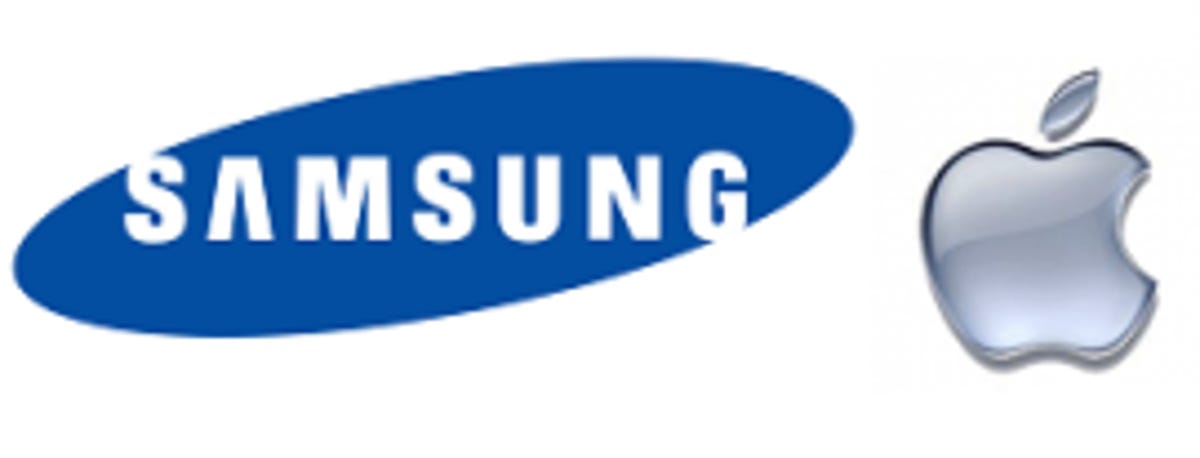More secrets are coming out of the court documents in the Apple-Samsung Electronics legal battle. Unfortunately, none of them are too juicy.

In issuing a court order denying Apple’s request for a ban on Samsung products, U.S. District Judge Lucy Koh released a document that inadvertently revealed some details on the two companies. Koh later withdrew that document and replaced it with one where the details were redacted. Reuters managed to get a hold of the entire document.
Reuters said none of the secrets were too earth-shattering. The documents revealed that Apple doesn’t consider Samsung to be a major threat. Apple’s own studies found that its existing customers were unlikely to trade in their iPhone for a Samsung smartphone. Rather, Samsung would take market share away from some of the other Android smartphone manufacturers.
Samsung, meanwhile, argued that Apple’s supply cannot keep up with demand for its iPhone. Despite the companies’ conflict, Samsung supplies Apple with processors and other components for its mobile devices. Koh, however, was skeptical about the argument, citing Apple’s evidence showing its ability to keep up with long-term demand.
The document was the same as the one the Verge cited in its report that Apple had offered Samsung a licensing arrangement in November 2010–before the litigation began. The offer suggests Apple had at one point been willing to work with Android partners, which contrasts with the wider perception that the company is attempting to halt Android’s momentum.
Citing the document, the Verge also reported that Apple has licensed its technology to Nokia and IBM.
In addition, The Verge reported that Apple offered up some alternative design cues that Samsung could follow to avoid infringing upon Apple’s style. For phones, Apple suggested a shape that wasn’t rectangular, or had rounded corners, or adding more clutter to the front of the device, among other points. For tablets, Apple suggested thicker frames around the screen, a front surface that isn’t entirely flat, a thicker design, and similarly, no rectangle design.
There is no end in sight to the Samsung-Apple legal battle, which has touched down in Australia; the Netherlands; Germany; parts of Asia, and France and Italy among other places. Samsung has itself hit back with its own patent infringement lawsuits, and has denied violating any intellectual property.



